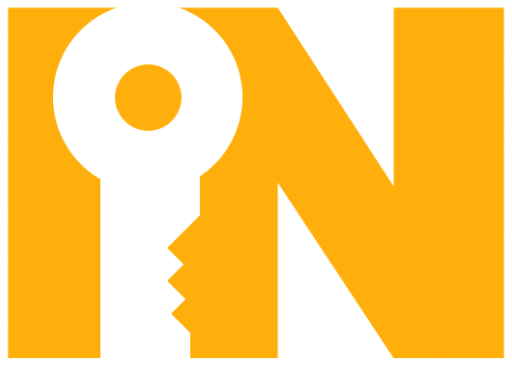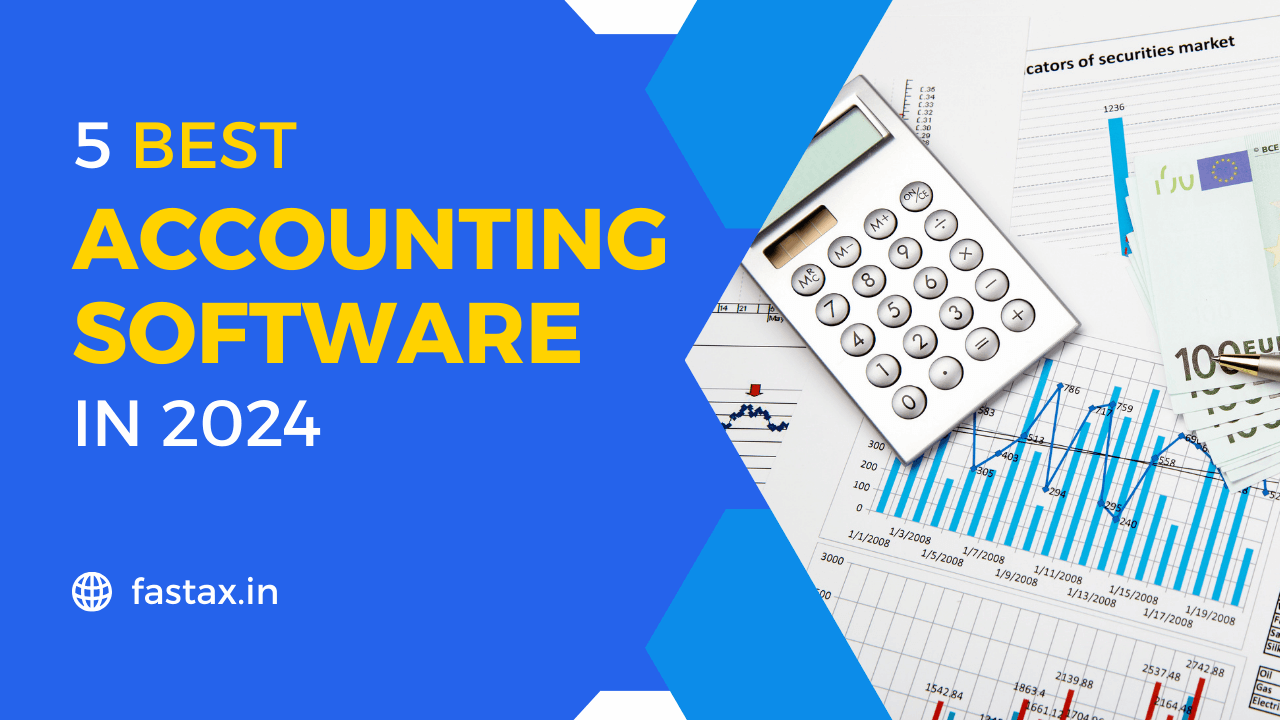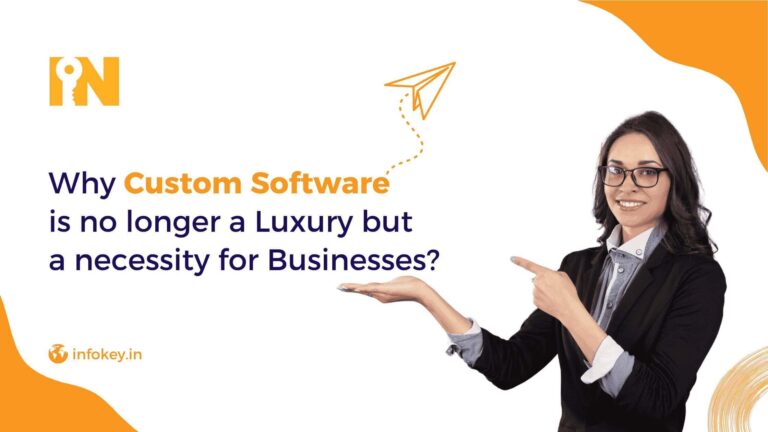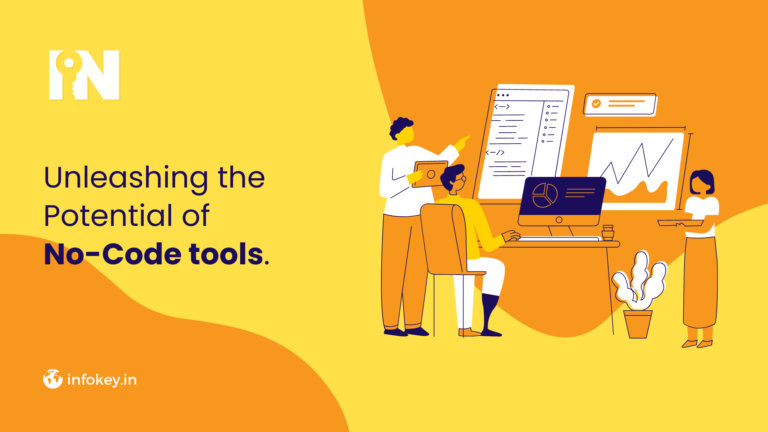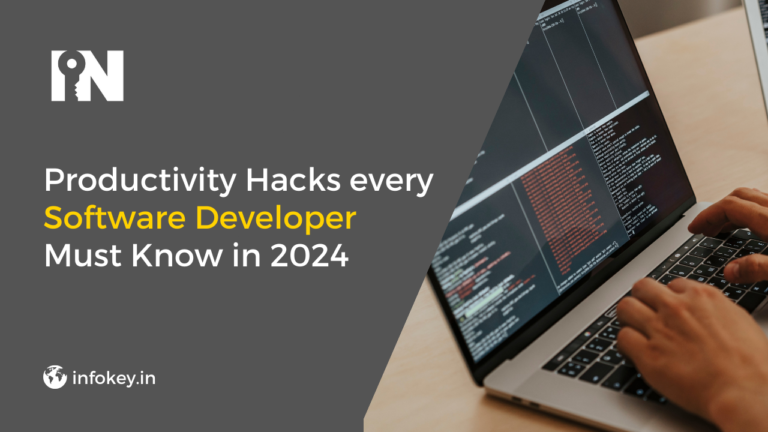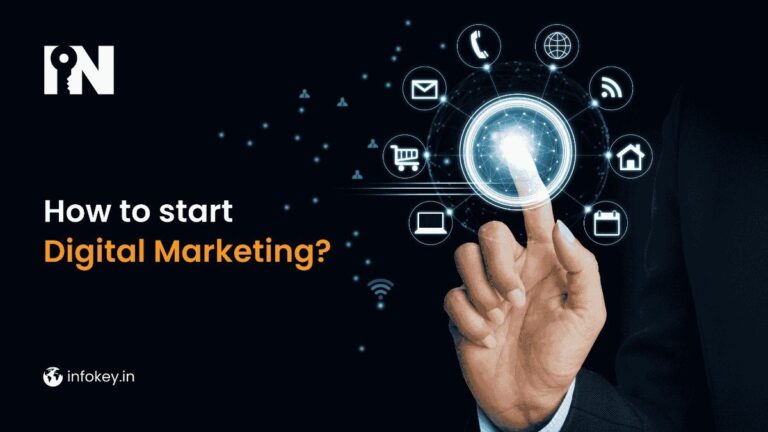What is Accounting Software
Ever since accounting software emerged, the accounting world has undergone a significant transformation. This remarkable technology has completely revolutionized the way businesses handle their finances, automating monotonous tasks and providing valuable insights. To put it simply, accounting software refers to computer programs or applications that streamline and automate different accounting processes, including invoicing, expense tracking, payroll management, and financial reporting. These software solutions offer a range of features tailored to meet the diverse needs of businesses, making them user-friendly and brimming with useful functions.
Benefits of Using Accounting Software in Business
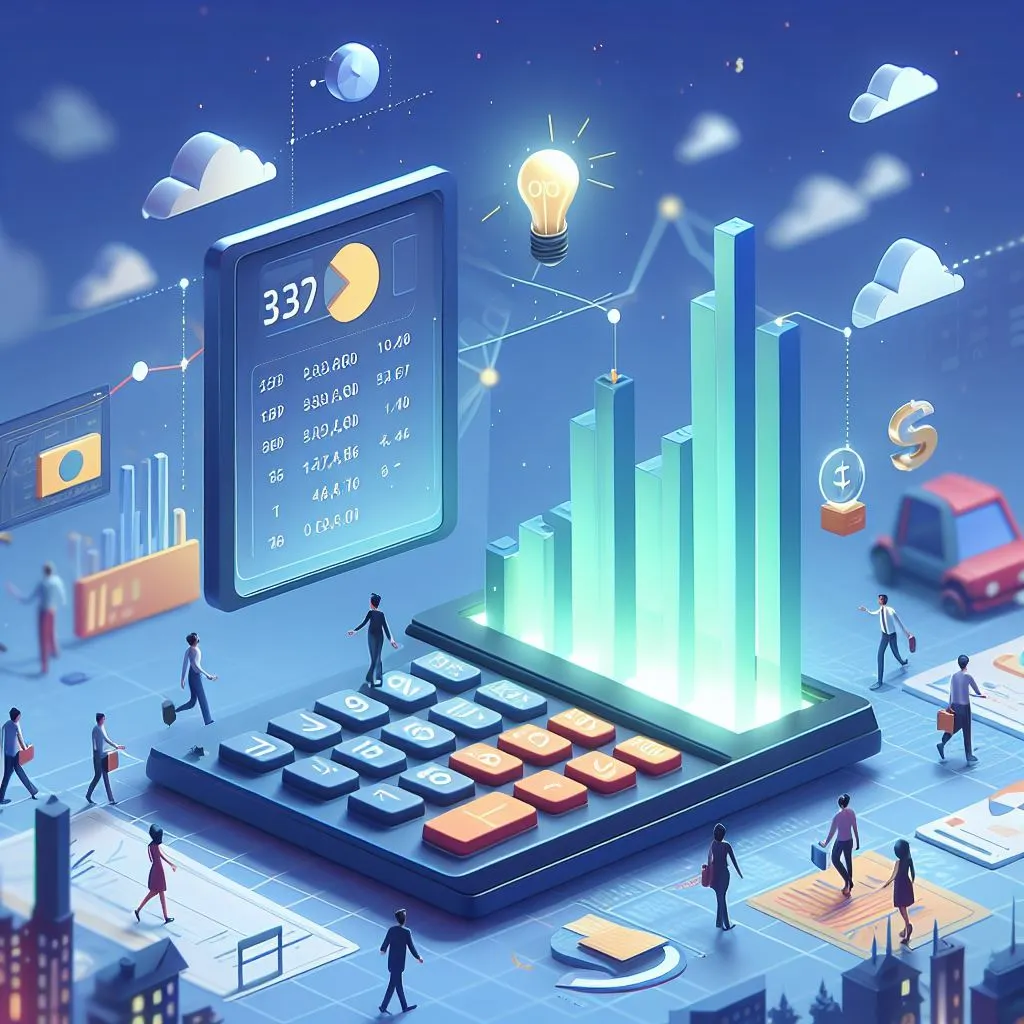
1. Increased Efficiency:
In the highly competitive business landscape, finding ways to work smarter, not harder, is crucial. With the advent of accounting software, companies can achieve just that. By eliminating the need for manual data entry and reconciliation, accounting software streamlines the financial management process, allowing organizations to optimize their operational efficiency. The time and effort saved can then be redirected towards more critical business activities, fueling growth and improving profitability.
2. Accuracy and Reduced Errors:
Manual accounting processes are open to human errors, which can lead to costly mistakes and differences in financial records. Accounting software minimizes the risk of errors by automatically performing calculations and maintaining a centralized database of financial transactions. This guarantees accuracy in financial reporting and compliance with regulatory requirements.
3. Real-Time Financial Insights:
With accounting software, businesses gain access to real-time financial data and insights that are crucial for informed decision-making. Whether it’s monitoring cash flow, tracking expenses, or analyzing revenue trends, accounting software provides up-to-date information at the fingertips of business owners and managers. This enables them to identify opportunities for cost savings, optimize revenue streams, and mitigate financial risks effectively.
4. Streamlined Reporting:
Generating financial reports can be a time-consuming process without the right tools. Accounting software simplifies this task by offering predefined report templates and customizable dashboards that allow users to generate various financial reports quickly. Whether it’s profit and loss statements, balance sheets, or cash flow forecasts, accounting software streamlines the reporting process, making it easier for businesses to communicate their financial performance to stakeholders.
5. Enhanced Collaboration and Accessibility:
In today’s interconnected world, collaboration and accessibility are essential for business success. Accounting software facilitates collaboration by allowing multiple users to access and update financial data simultaneously, regardless of their location. Cloud-based accounting solutions, in particular, enable remote access to financial information, enabling teams to collaborate seamlessly and stay connected even when working remotely.
Accounting Softwares

1. Fastax
Known for its lightning-fast processing speed and user-friendly interface, Fastax has established itself as a go-to choice for businesses looking for efficiency in their accounting processes. With its robust features, including automated tax calculations and real-time reporting, Fastax streamlines the tax filing process, saving businesses time and reducing errors. Its cloud-based platform ensures accessibility from anywhere, making it ideal for remote teams and businesses on the go.

2. NetSuite
As a comprehensive business management solution, NetSuite goes beyond traditional accounting software by offering integrated modules for finance, inventory management, CRM, and more. In 2024, NetSuite continues to lead the pack with its scalability and customization options, catering to the needs of businesses of all sizes. Its advanced reporting capabilities provide valuable insights into financial performance, helping businesses make informed decisions to drive growth.

3. Data Snipper
In the era of big data, Data Snipper stands out for its powerful analytics and data visualization tools. Designed to handle large volumes of financial data, Data Snipper simplifies complex analyses, allowing businesses to uncover trends and patterns that may otherwise go unnoticed. With features like predictive modeling and scenario planning, Data Snipper empowers businesses to forecast future performance accurately, enabling proactive decision-making.

4. Zoho Books
Targeted towards small and medium-sized enterprises (SMEs), Zoho Books offers a cost-effective solution without compromising on functionality. With its intuitive interface and customizable workflows, Zoho Books simplifies everyday accounting tasks such as invoicing, expense tracking, and bank reconciliation. Integration with other Zoho Suite applications further enhances productivity, making it a popular choice for businesses seeking a seamless ecosystem of tools.

5. MyBillBook
Tailored for freelancers and micro-businesses, MyBillBook excels in simplicity and affordability. In 2024, MyBillBook continues to cater to the needs of solo entrepreneurs with its easy-to-use invoicing and expense management features. With mobile apps available on both Android and iOS platforms, MyBillBook empowers users to manage their finances on the go, ensuring convenience and accessibility at all times.
Conclusion
I just wanted to wrap things up by reminding you how important accounting software is for businesses nowadays. It offers so many benefits that improve efficiency, accuracy, and decision-making. By automating those boring tasks, giving real-time insights, and making collaboration easier, accounting software empowers you to manage your finances in the best way possible. It doesn’t matter if you’re a small startup or a giant corporation, investing in the right accounting software can truly change the game and help your business achieve amazing growth and success.
READ MORE ABOUT- 7 Best AI Tools for Content Creation in 2024
